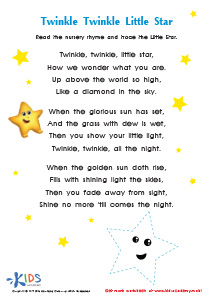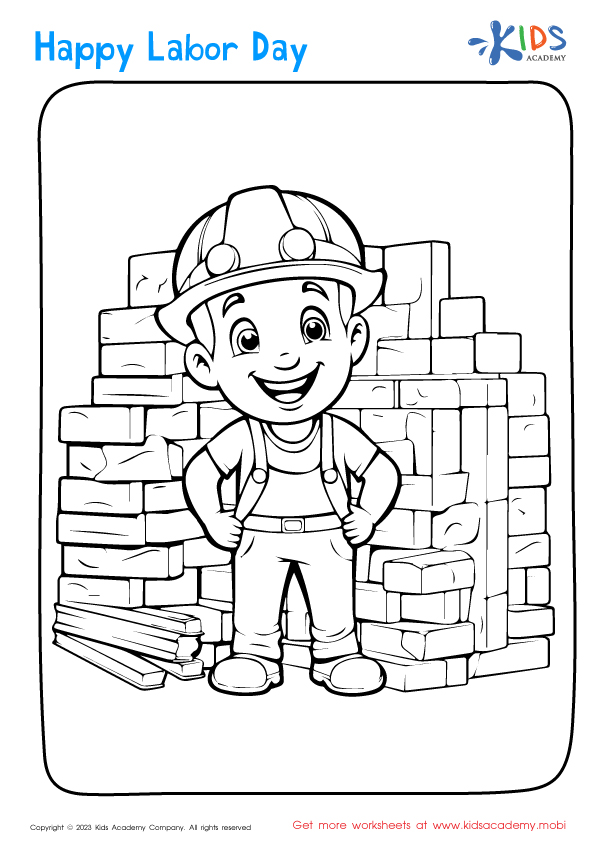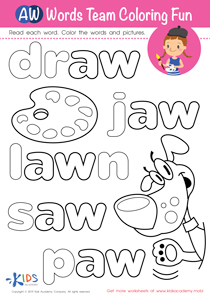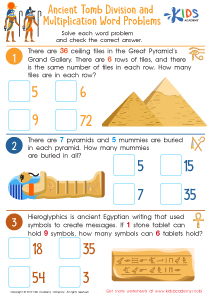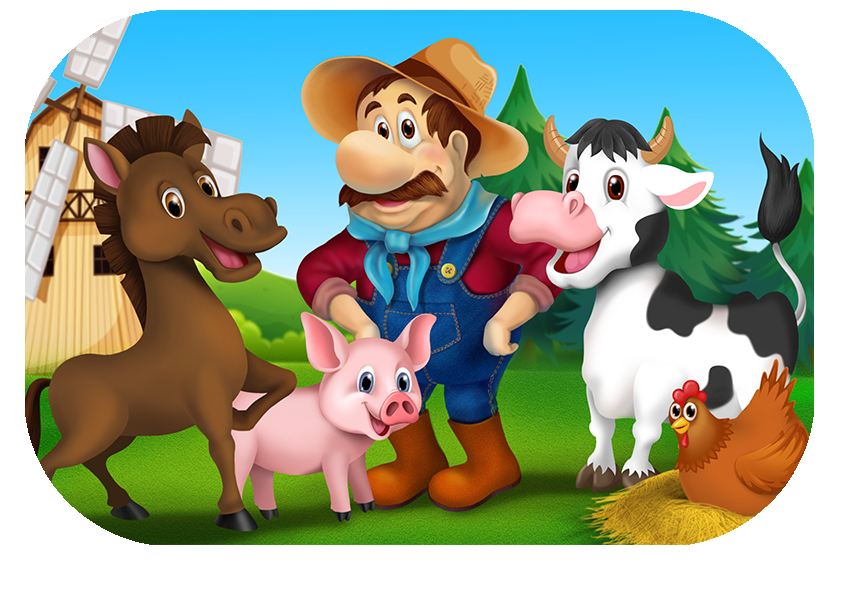English Language Arts Lessons | Vocabulary for Ages 5-6
21 results
Introducing our engaging Vocabulary for Ages 5-6 course, designed specifically to enrich your child's language skills! Our curriculum combines interactive worksheets, captivating educational videos, and assessment quizzes, tailored for young learners. Each lesson is structured to make learning new words and their meanings both fun and impactful, fostering a love for language from an early age. Watch as your child's vocabulary blossoms, empowering them with the tools for effective communication and comprehension. Perfect for 5 to 6-year-olds, this course lays a solid foundation for linguistic success. Join us on this educational adventure and unlock your child's potential today!
In today's fast-paced educational environment, the foundation of a child's learning journey is significantly influenced by their early exposure to language and vocabulary. This is particularly true for children in the critical developmental stage of ages 5-6. At this age, children are not just learning words; they are unlocking the keys to communication, comprehension, and cognitive development. Our specialized lessons on Vocabulary for Ages 5-6 are meticulously designed to cater to these needs, offering a blend of interactive worksheets, educational videos, and assessment quizzes that are not just educational, but also engaging and fun.
Understanding the importance of vocabulary development at this tender age cannot be overstated. It is during these formative years that children begin to expand their understanding of the world around them through language. The Vocabulary for Ages 5-6 lessons are crafted to enhance this learning journey. These lessons serve as building blocks, equipping young learners with the essential tools they need to excel not just academically but in their everyday communication and understanding.
The interactive worksheets are a core component of our Vocabulary for Ages 5-6 program. These worksheets are not ordinary; they are specially designed to capture the attention of young minds with colorful visuals and engaging tasks that are perfect for children aged 5-6. Through these worksheets, children learn new words in a context that makes sense to them, making the learning process both meaningful and memorable. This hands-on approach encourages active participation and keeps children motivated and interested in learning more.
Furthermore, the educational videos included in our program add an extra layer of engagement. In an era where screen time can be both a concern and a tool for learning, our educational videos strike the right balance. They are short, captivating, and packed with information that complements the vocabulary being taught. These videos serve as a reinforcement tool, helping children to visualize the words they are learning and how they are used in everyday language. This multi-sensory learning approach is proven to be effective in enhancing memory and understanding.
Assessment quizzes are another integral part of the Vocabulary for Ages 5-6 lessons. These quizzes are carefully designed to be age-appropriate and to provide a fun way for children to demonstrate what they have learned. They also offer valuable feedback to parents and educators about the child’s progress and areas where additional support might be needed. This continuous assessment ensures that learning is on track and that children are building a strong vocabulary foundation.
In conclusion, the Vocabulary for Ages 5-6 program is more than just a set of lessons; it's a comprehensive toolkit designed to support the holistic development of young learners. By integrating interactive worksheets, educational videos, and assessment quizzes, the program not only helps in building a robust vocabulary but also fosters a love for learning. It prepares children not just for academic success but also for effective communication and understanding in their daily lives. As children navigate through these lessons, they are not just learning new words; they are unlocking endless possibilities for their future.
